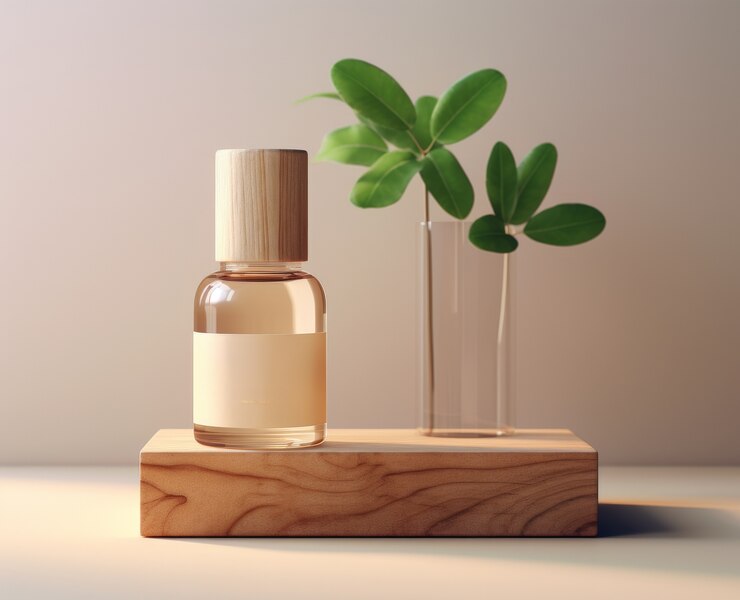Table of contents
With the rising popularity of CBD products for wellness and therapeutic use, it’s easy to get overwhelmed by the variety of options available. One of the most common questions people ask is: What are the different types of CBD, and which one should I use? Understanding the differences between full-spectrum, broad-spectrum, and CBD isolate is crucial when choosing the right product for your needs.
In this guide, we’ll explore the different types of CBD, how they’re made, how they work in your body, and which might be best for you depending on your goals and lifestyle.
What Is CBD?

CBD, or cannabidiol, is a naturally occurring compound found in the hemp and cannabis plants. It’s one of over 100 cannabinoids, and unlike THC (tetrahydrocannabinol), it doesn’t produce a high. CBD is widely used for its potential to relieve pain, reduce anxiety, support sleep, and promote general wellness.
However, not all CBD products are the same. They come in three main types—each with unique properties, benefits, and legal considerations.
The 3 Main Types of CBD

1. Full-Spectrum CBD
Full-spectrum CBD contains all the naturally occurring compounds found in the cannabis plant, including:
- Cannabinoids (CBD, THC, CBG, CBN, etc.)
- Terpenes (aromatic compounds with therapeutic effects)
- Flavonoids (antioxidants)
- Trace amounts of THC (less than 0.3% in legal products)
Benefits:
- Known for the entourage effect, where all compounds work together for enhanced benefits
- Great for those seeking more comprehensive therapeutic effects
Best For:
- Users with chronic pain, inflammation, or anxiety
- People looking for maximum plant synergy
Caution:
- May show up on drug tests due to trace THC
2. Broad-Spectrum CBD
Broad-spectrum CBD is similar to full-spectrum but has all THC removed. It still contains other beneficial cannabinoids and terpenes.
Benefits:
- Offers many benefits of the entourage effect without the psychoactive effects of THC
- Ideal for people sensitive to THC or those avoiding it for legal reasons
Best For:
- Individuals in jobs with drug testing
- First-time users concerned about THC
3. CBD Isolate
CBD isolate is the purest form of CBD, containing 99%+ cannabidiol and no other cannabinoids or plant compounds.
Benefits:
- No risk of THC ingestion
- Suitable for precise dosing and sensitive individuals
Best For:
- Those new to CBD
- Users needing high doses of CBD without other compounds
- Athletes or professionals under strict substance rules
Limitations:
- Lacks the entourage effect
- May require higher doses for the same benefit as other types
Comparing the Different Types of CBD
| Feature | Full-Spectrum | Broad-Spectrum | CBD Isolate |
|---|---|---|---|
| Contains THC | Yes (trace amount) | No | No |
| Entourage Effect | Yes | Yes | No |
| Risk of Drug Test Issues | Possible | Very Low | None |
| Strength of Effects | Strong | Moderate to Strong | Mild to Moderate |
| Ideal For | Chronic issues, holistic wellness | Beginners, THC-sensitive users | Strict CBD-only needs |
How to Choose the Right CBD Type for You
Ask yourself:
- Do I want the full effects of cannabis without getting high? → Full-spectrum
- Am I worried about drug tests or THC? → Broad-spectrum or isolate
- Am I new to CBD and want to start mild? → CBD isolate
- Do I want the most potent relief? → Full-spectrum
It’s always a good idea to start with a low dose and monitor how your body responds. Quality also matters—make sure to choose CBD products that are third-party lab tested and clearly labeled.
FAQs About Different Types of CBD
The entourage effect refers to the synergy between cannabinoids, terpenes, and other compounds in cannabis that can amplify therapeutic benefits—most prominent in full- and broad-spectrum products.
Yes, as long as it contains less than 0.3% THC and is derived from hemp, it’s federally legal in the U.S. State laws may vary, so always check your local regulations.
CBD isolate can help, though it may be less effective than full-spectrum or broad-spectrum due to the lack of complementary cannabinoids.
Absolutely. Many users start with isolate or broad-spectrum and later try full-spectrum once they understand their tolerance and needs.
Yes! All three types are available in oils, gummies, capsules, topicals, and more. Just check the label for full-spectrum, broad-spectrum, or isolate designation.
Final Thoughts
Choosing the right CBD product starts with understanding the different types of CBD. Whether you’re looking for maximum therapeutic benefit, need a THC-free option, or want precise CBD dosing, there’s a formulation to match your needs. Always buy from reputable brands, read product labels, and start with small doses to see what works best for your body.
No matter your wellness goals, knowing the distinctions between full-spectrum, broad-spectrum, and isolate empowers you to make confident and informed decisions on your CBD journey.





